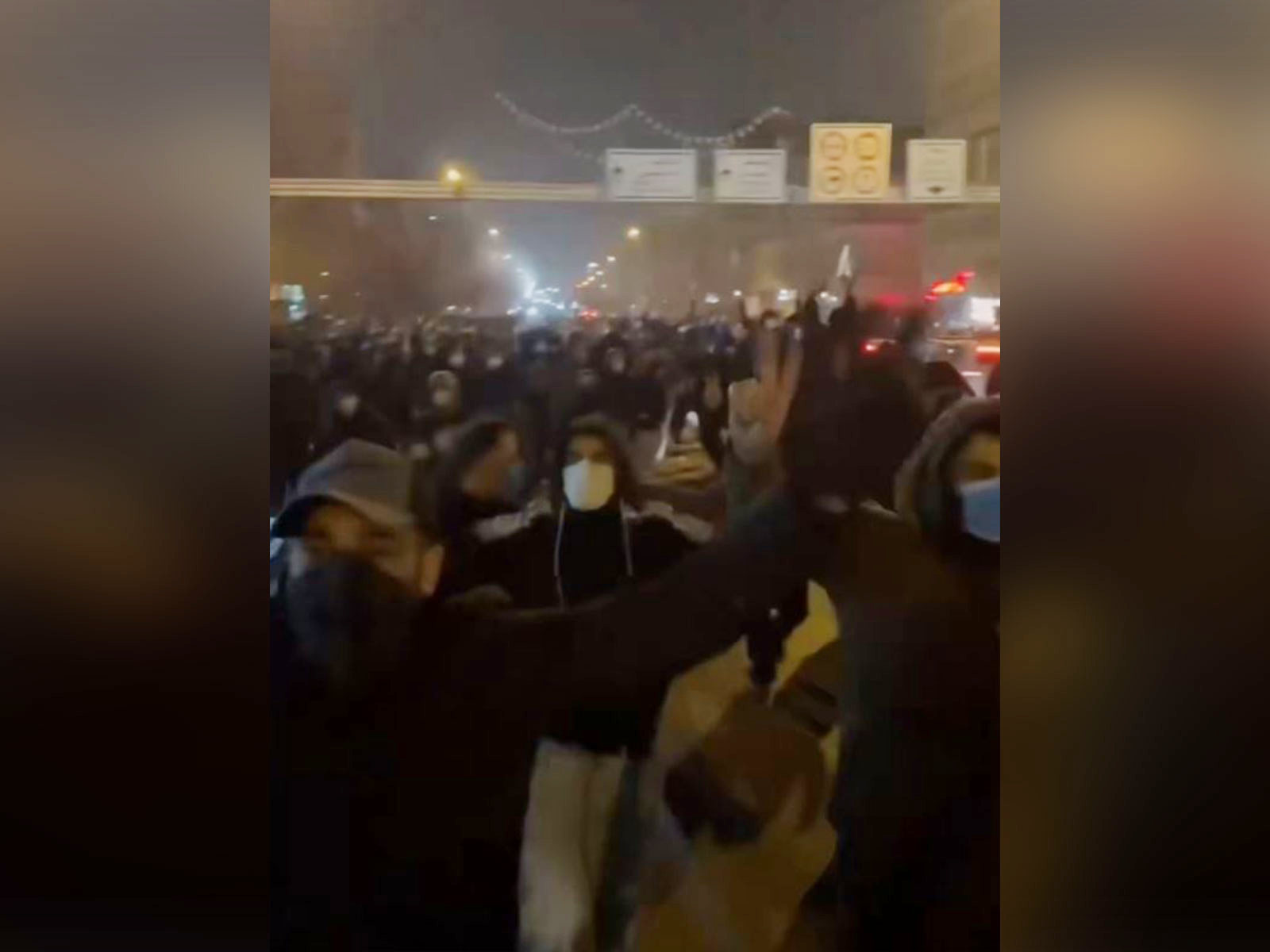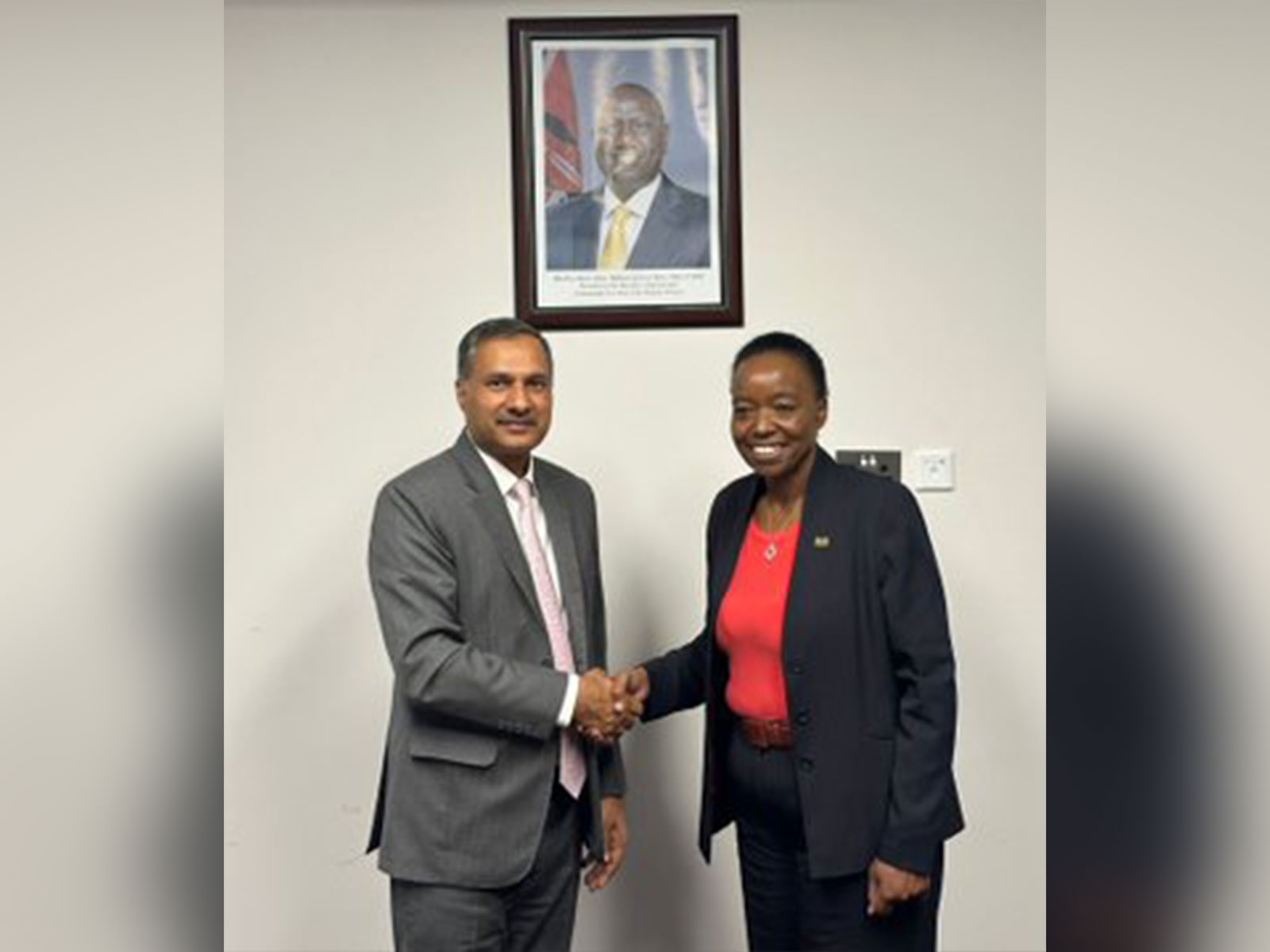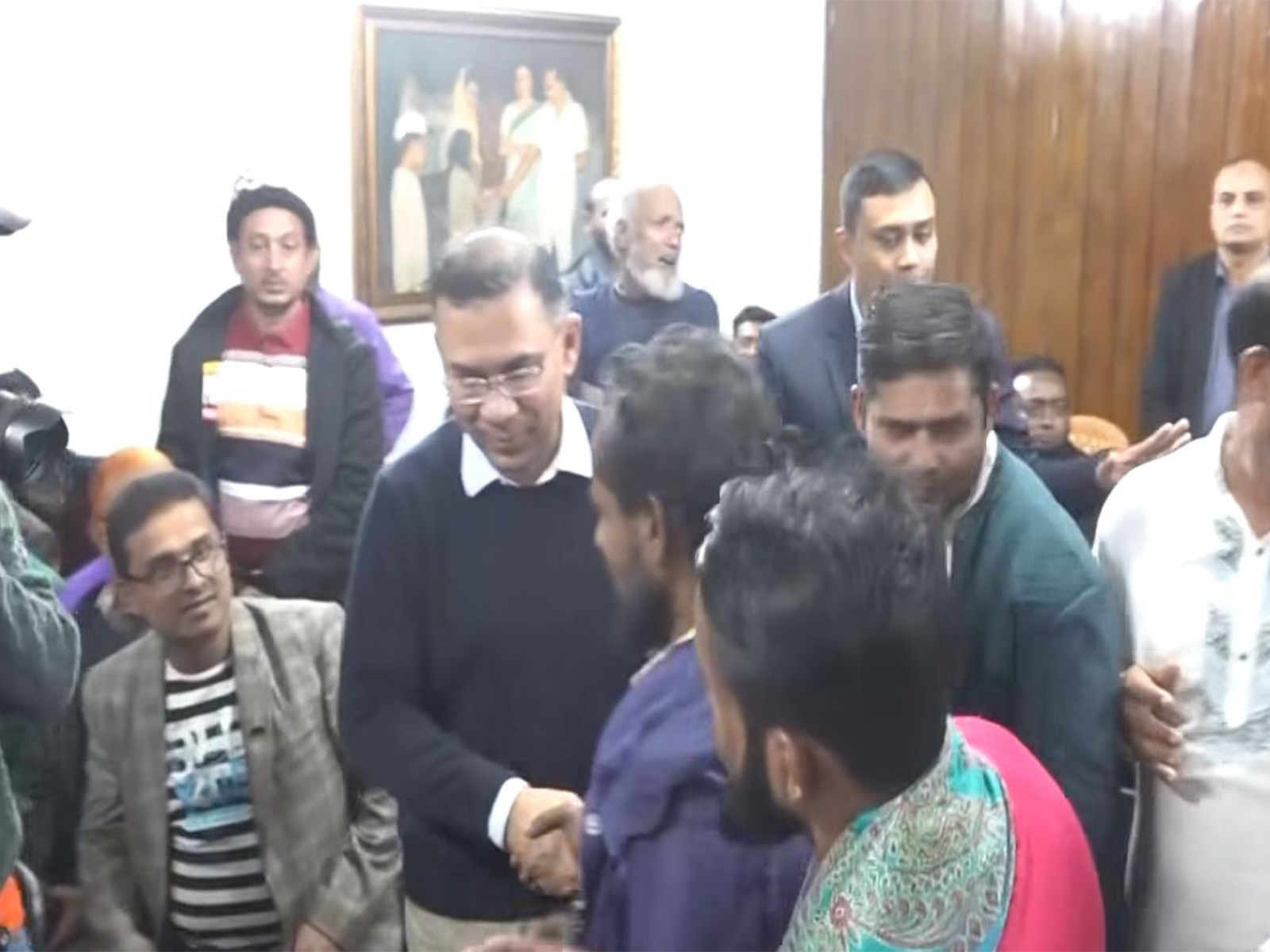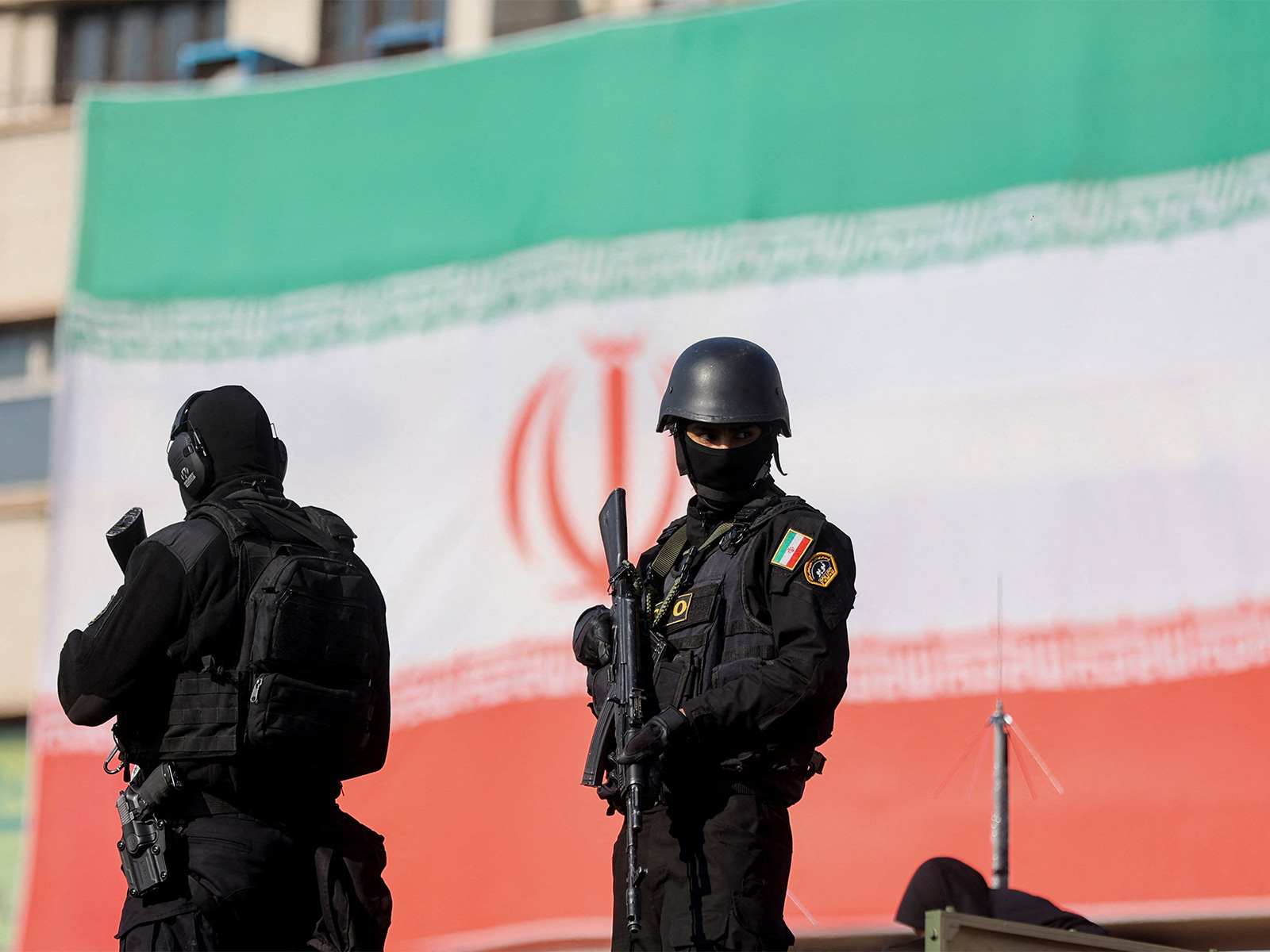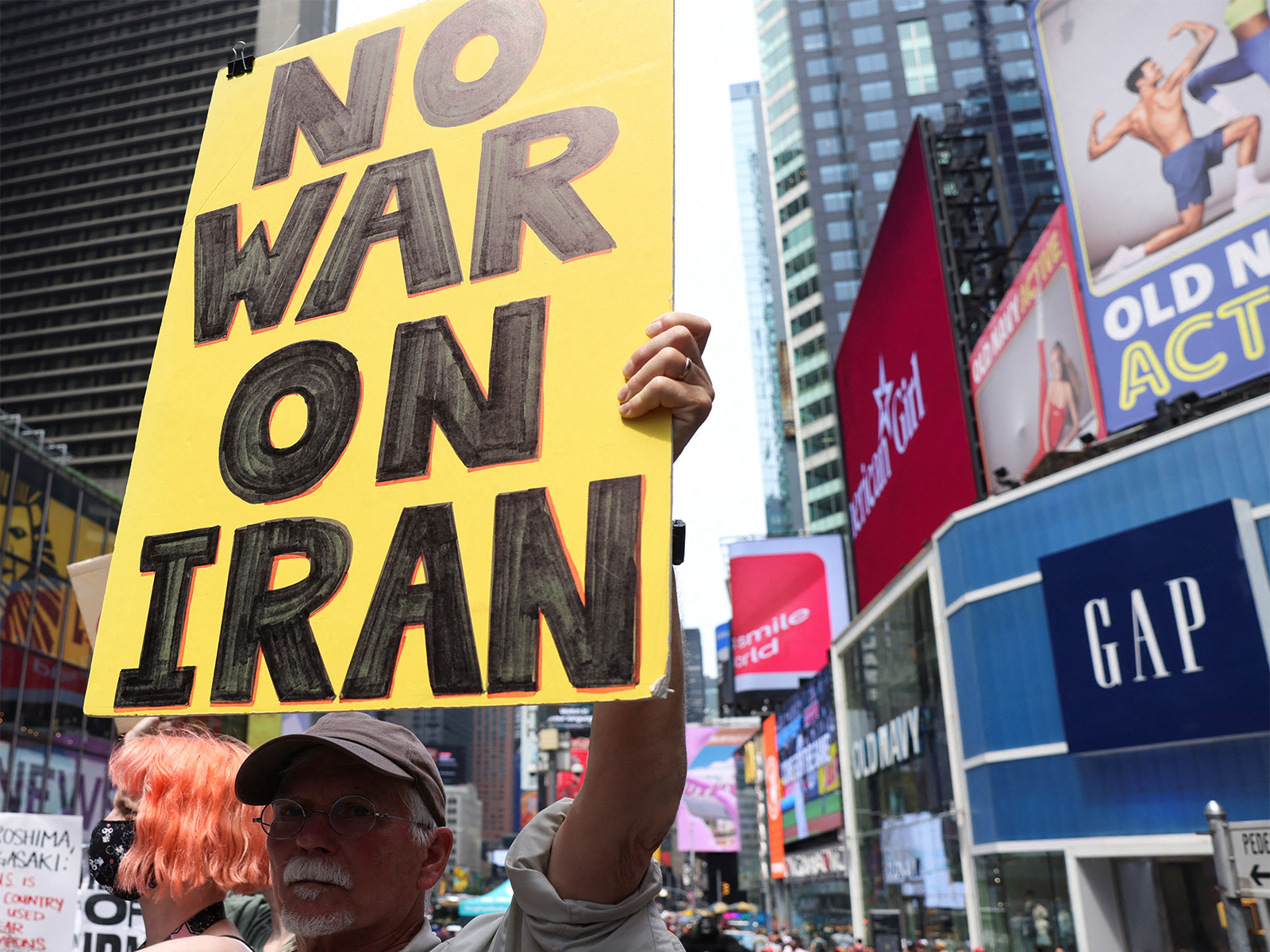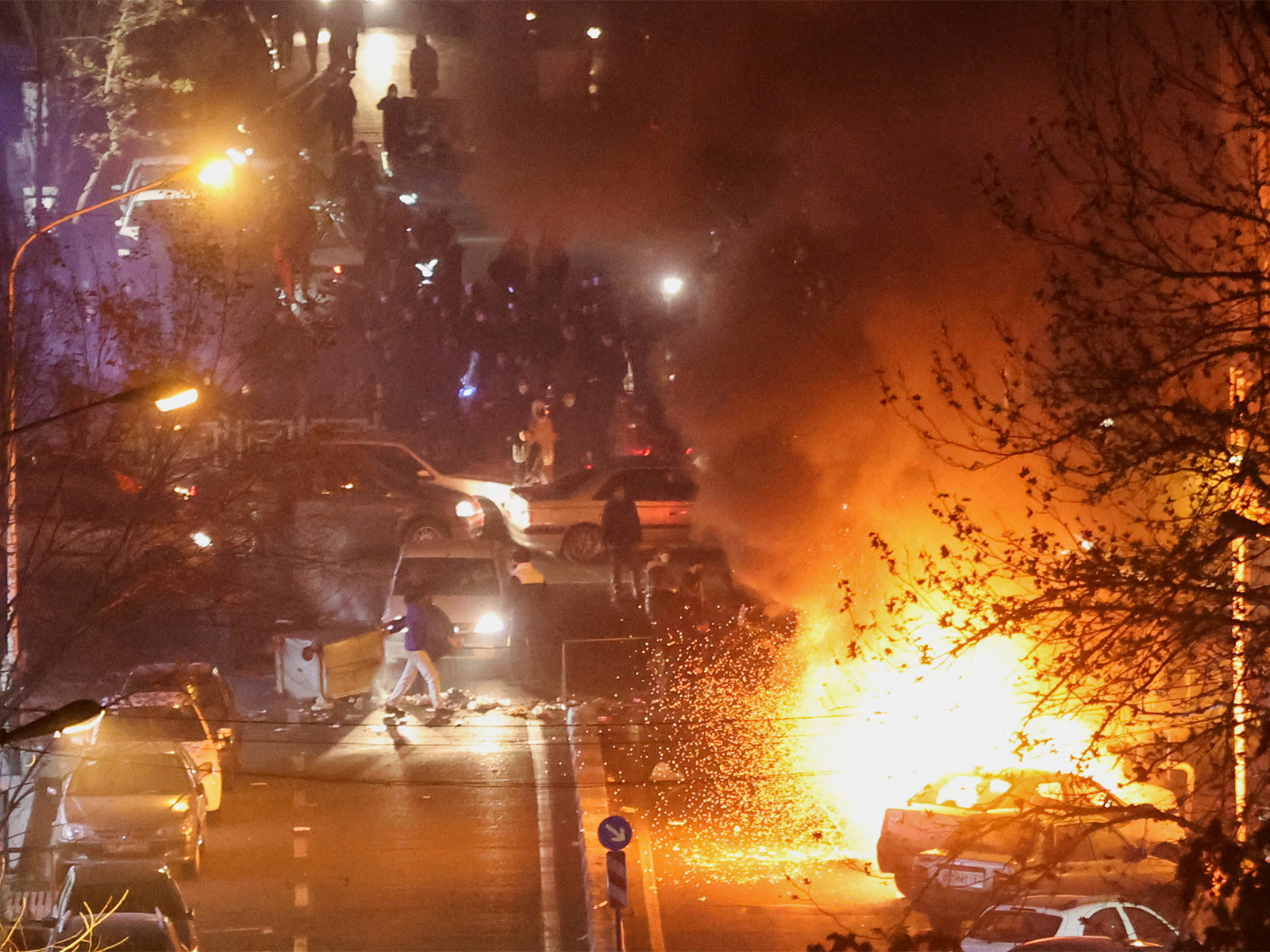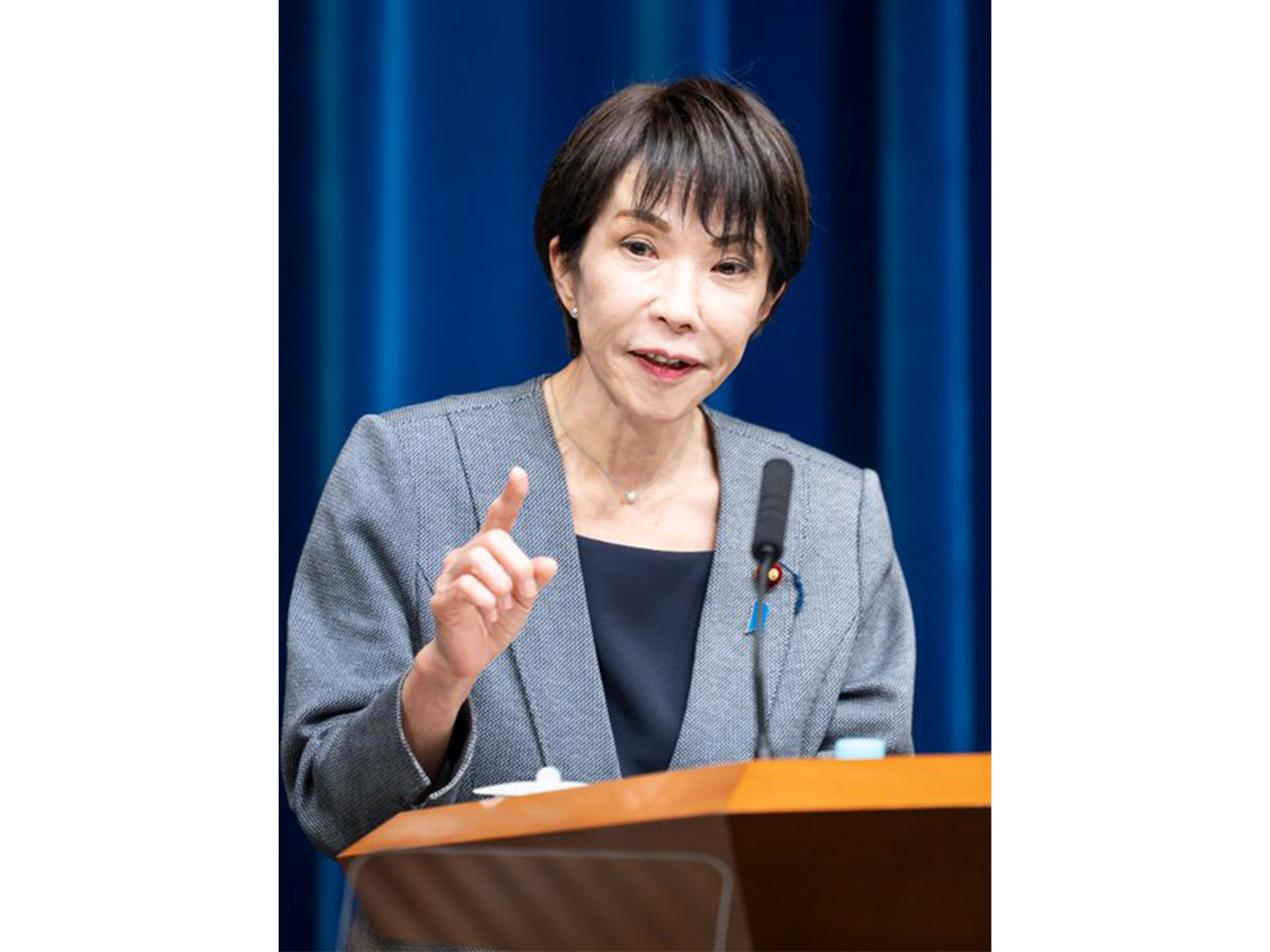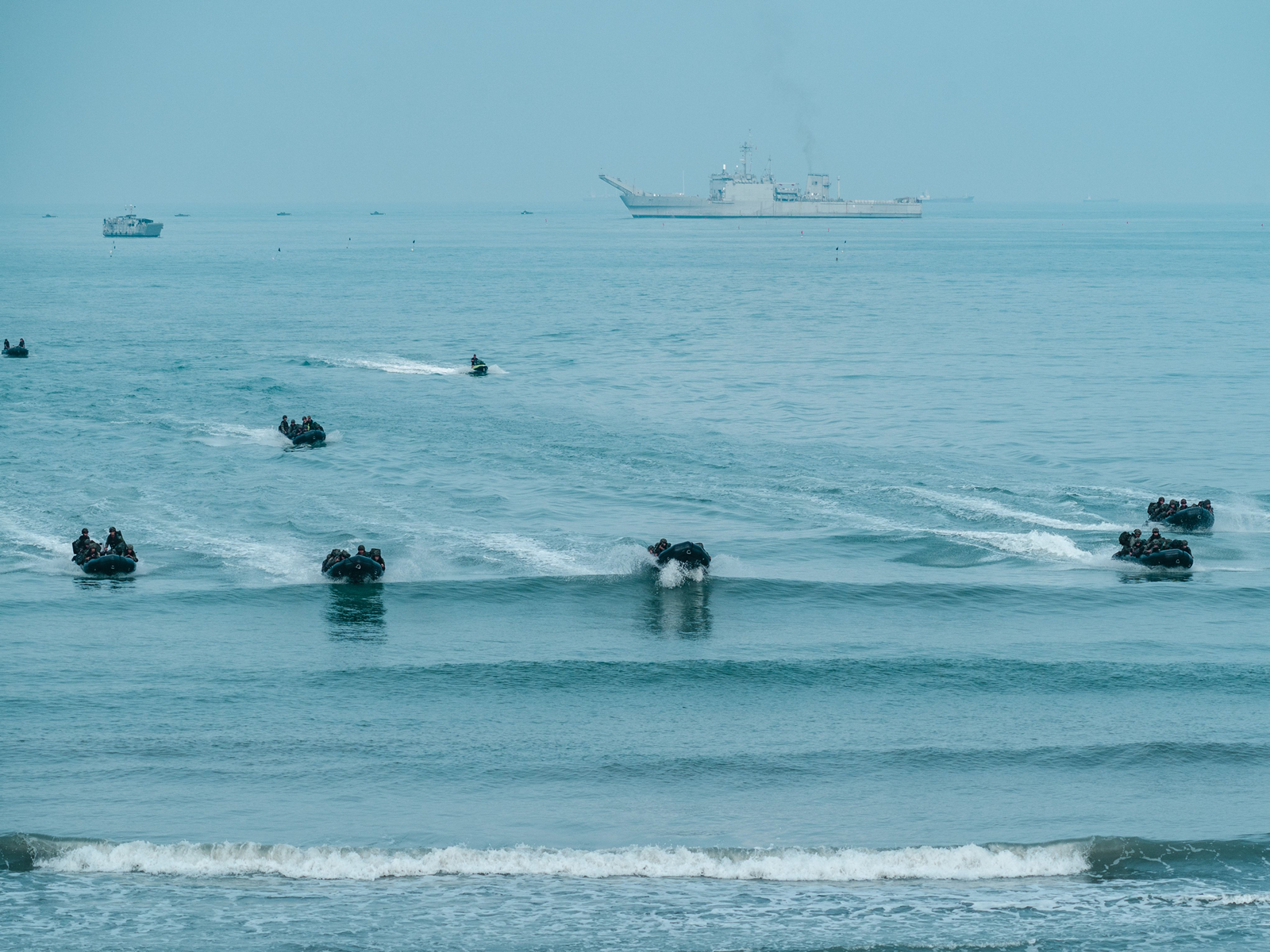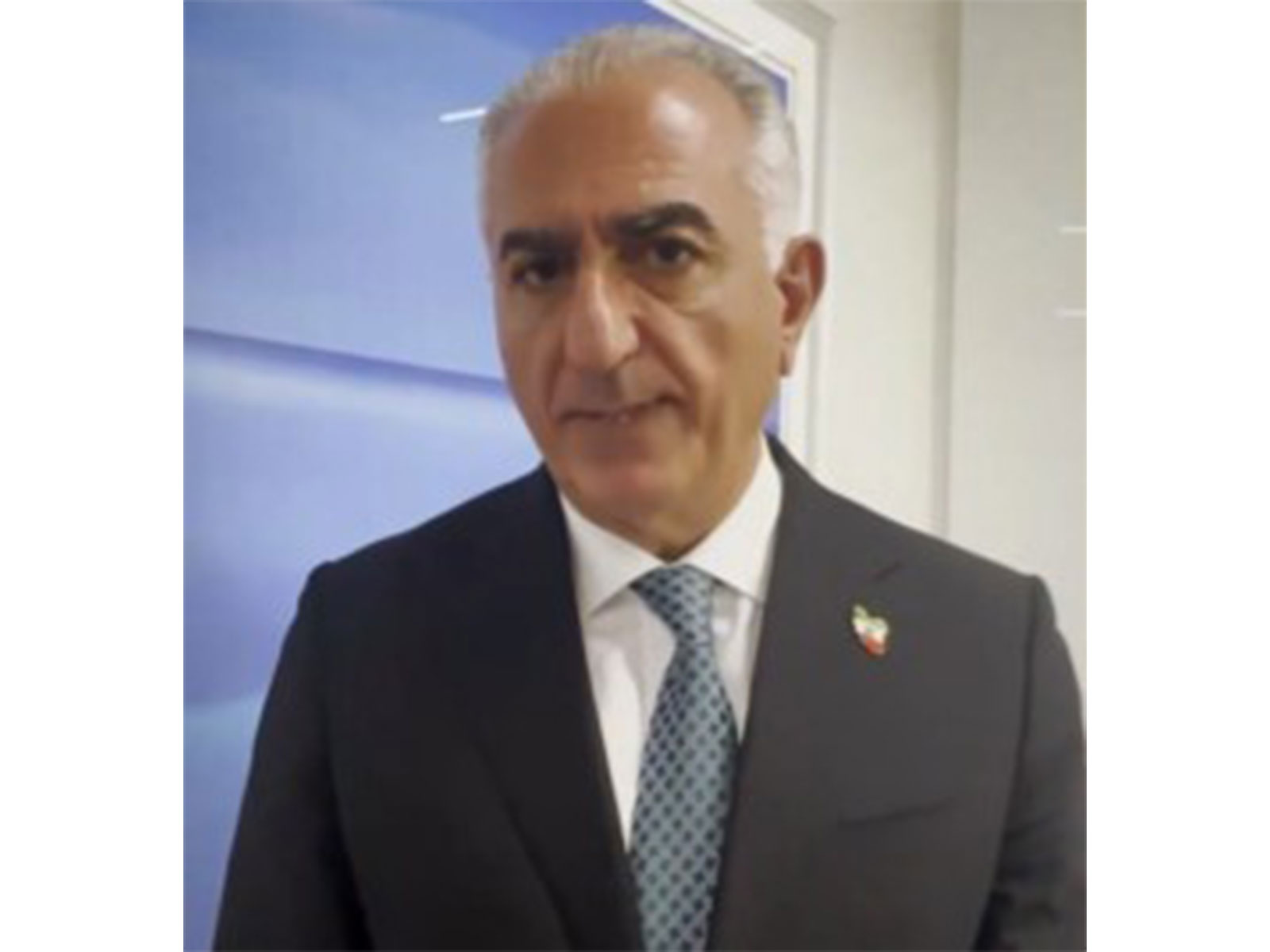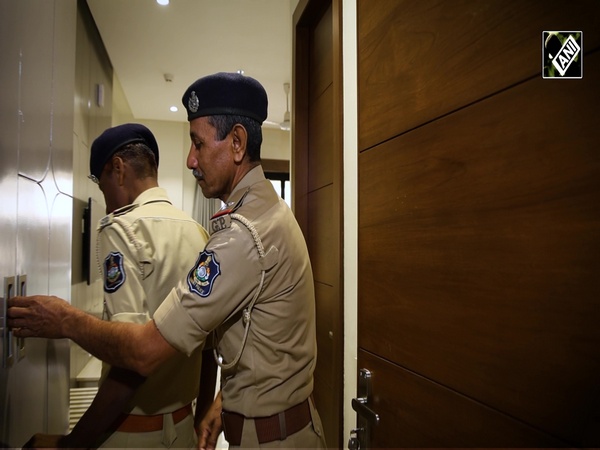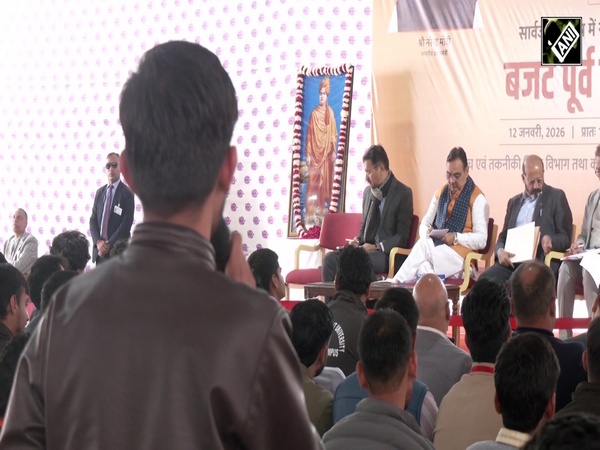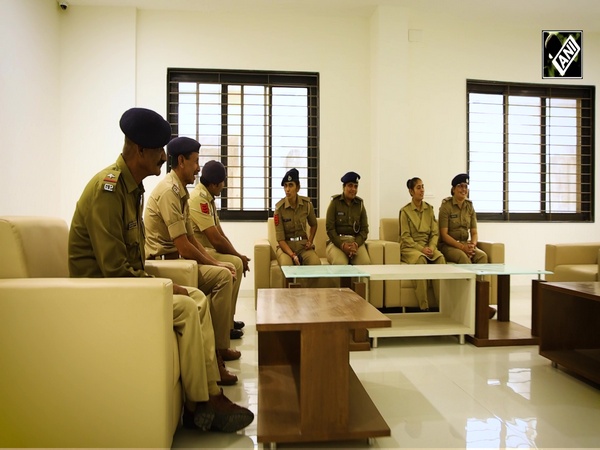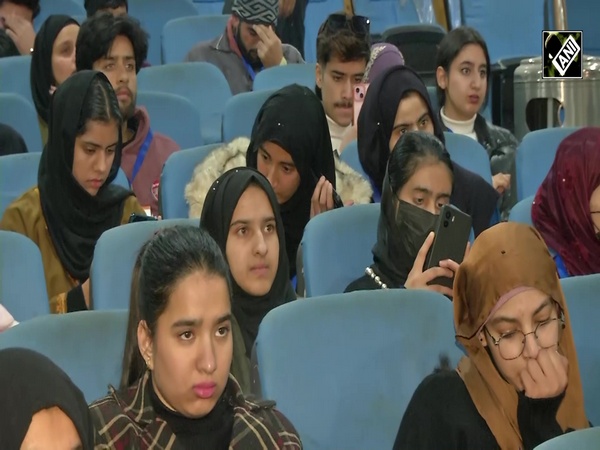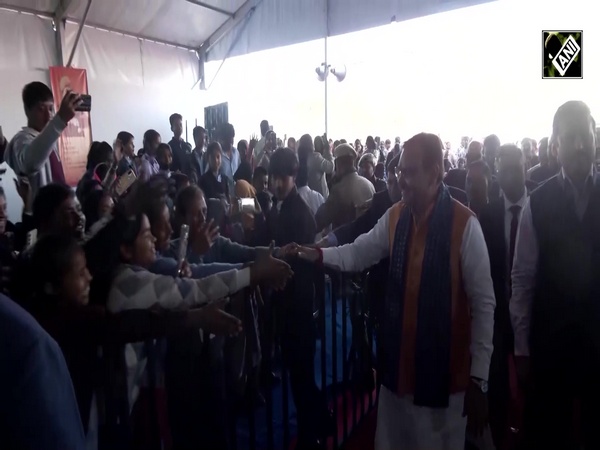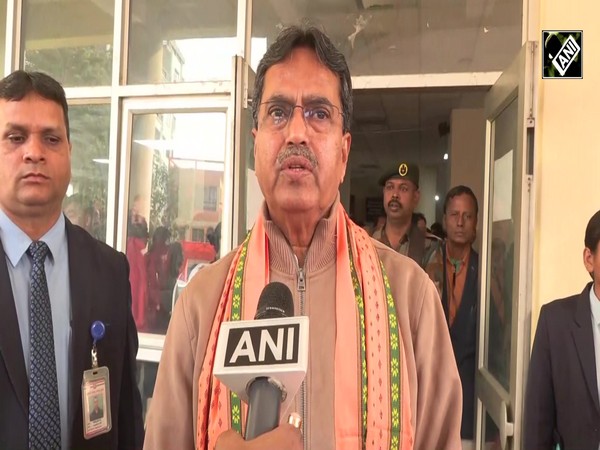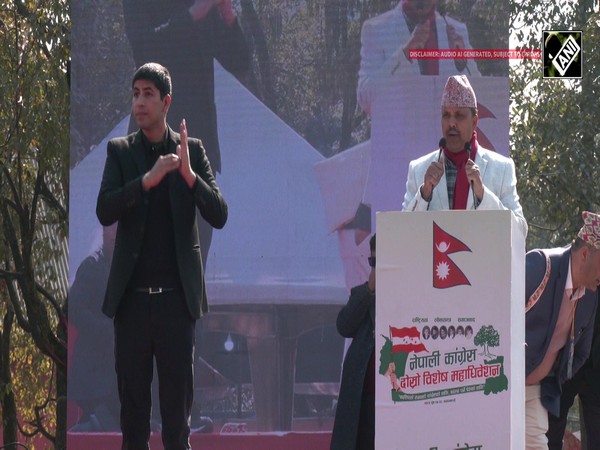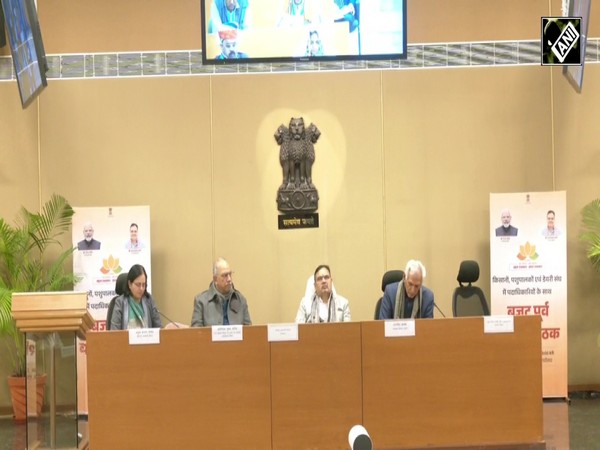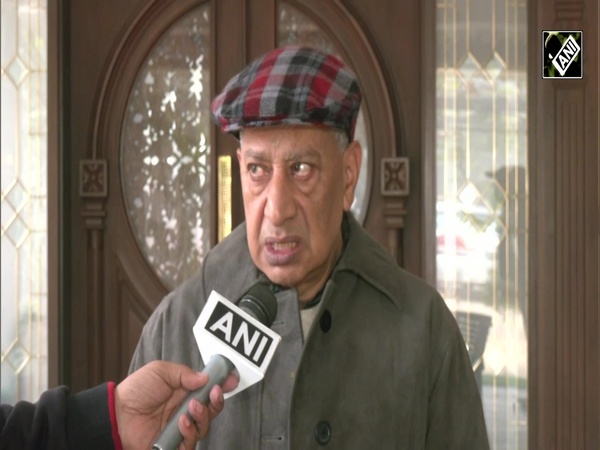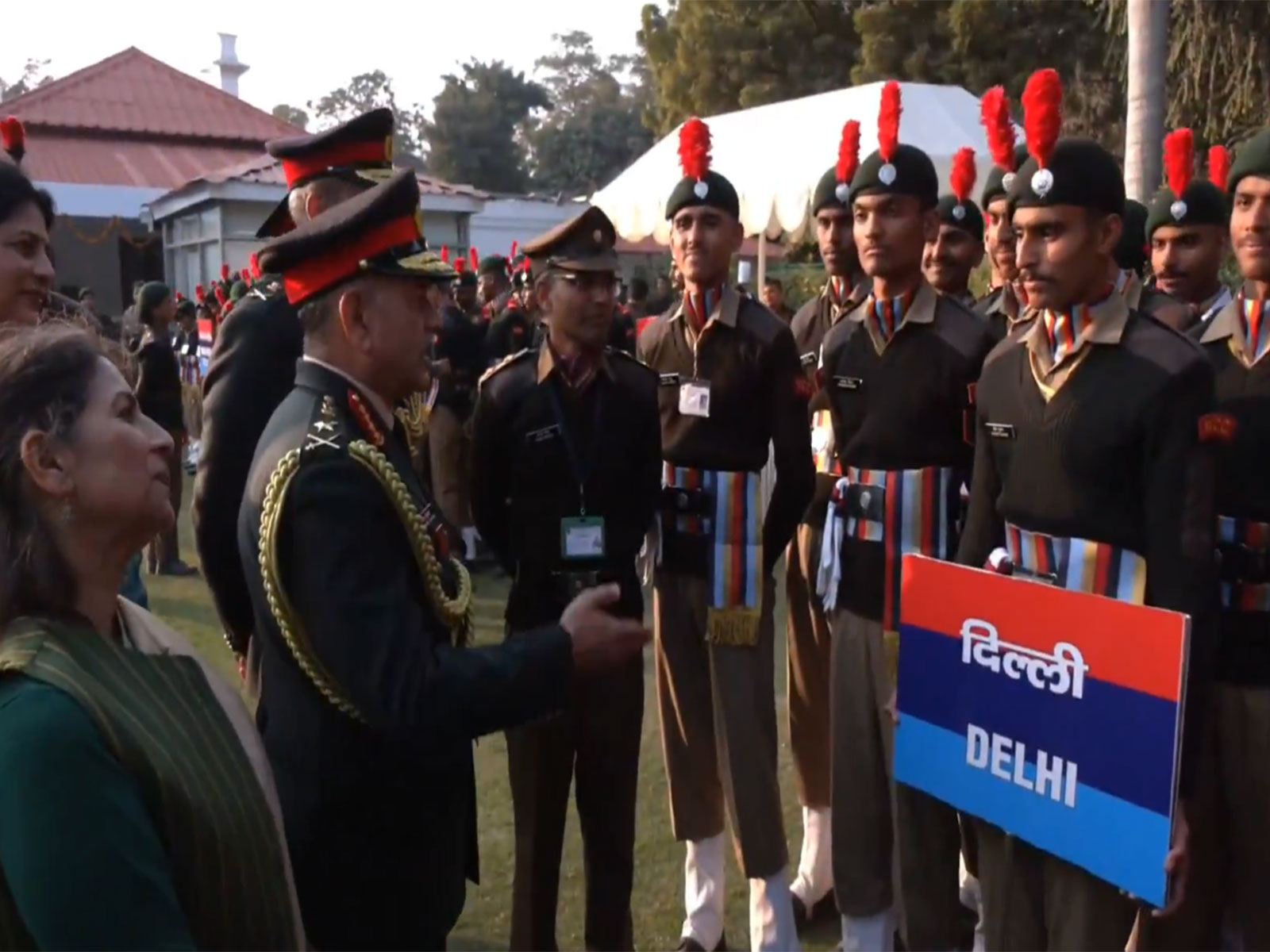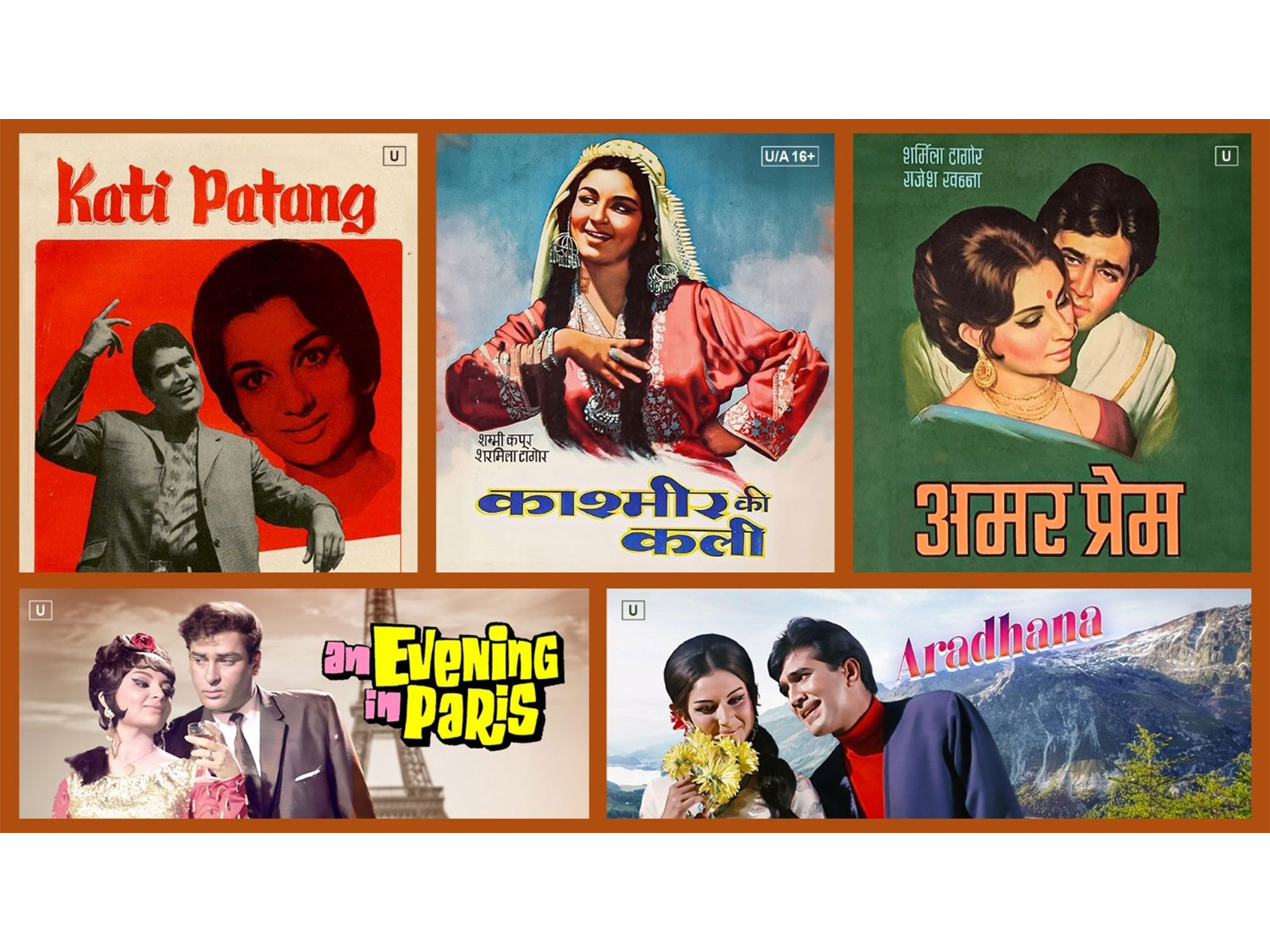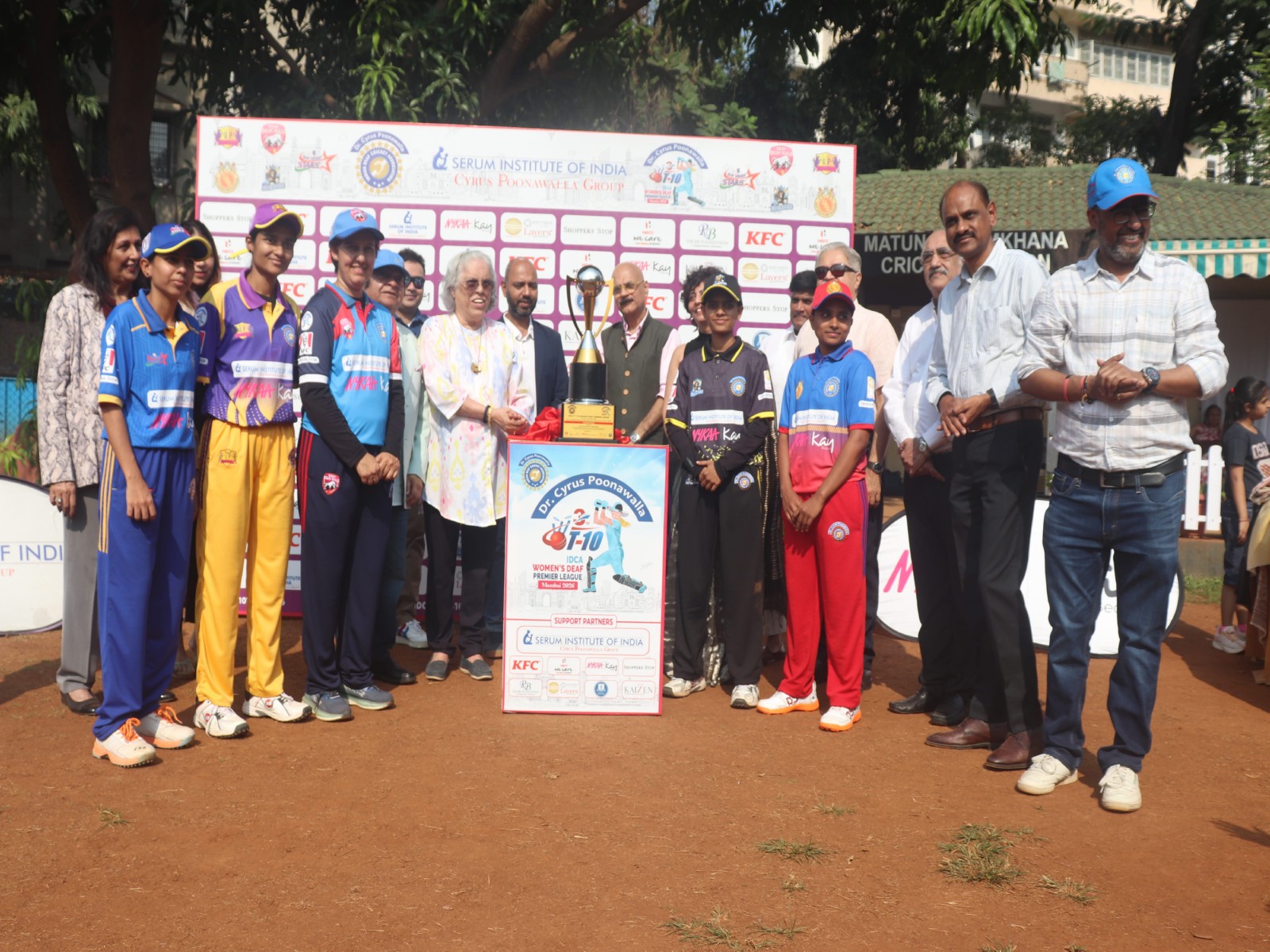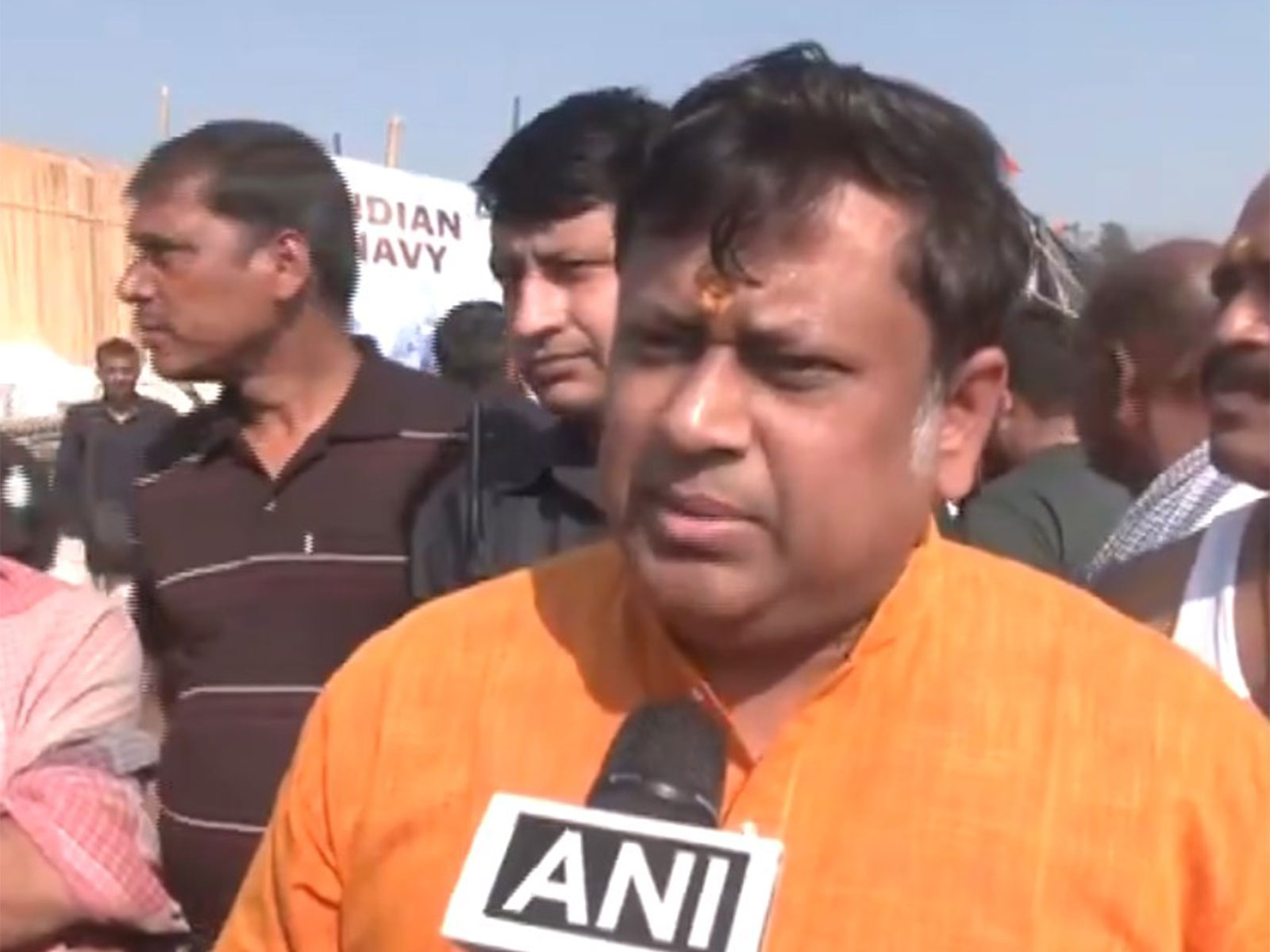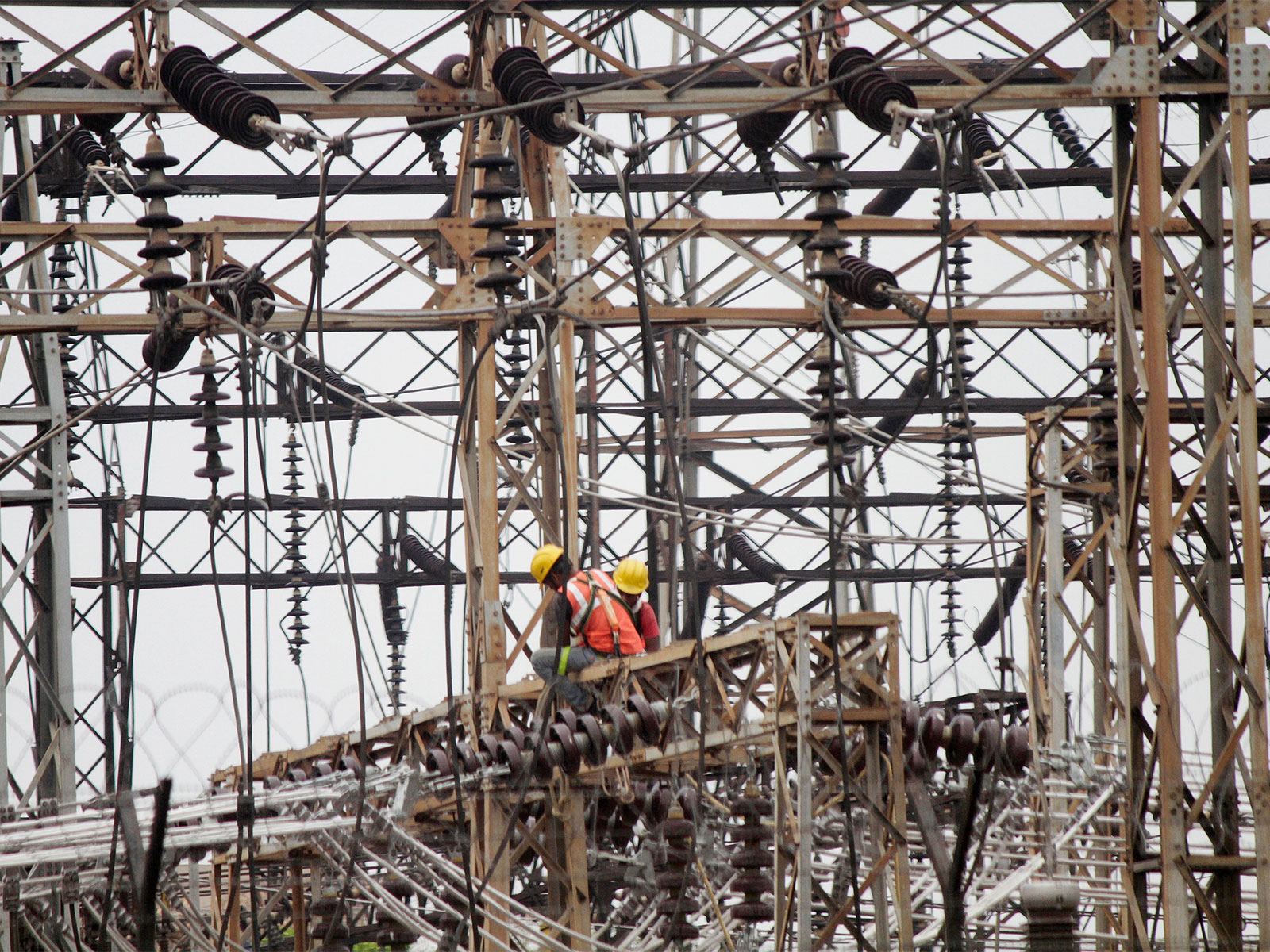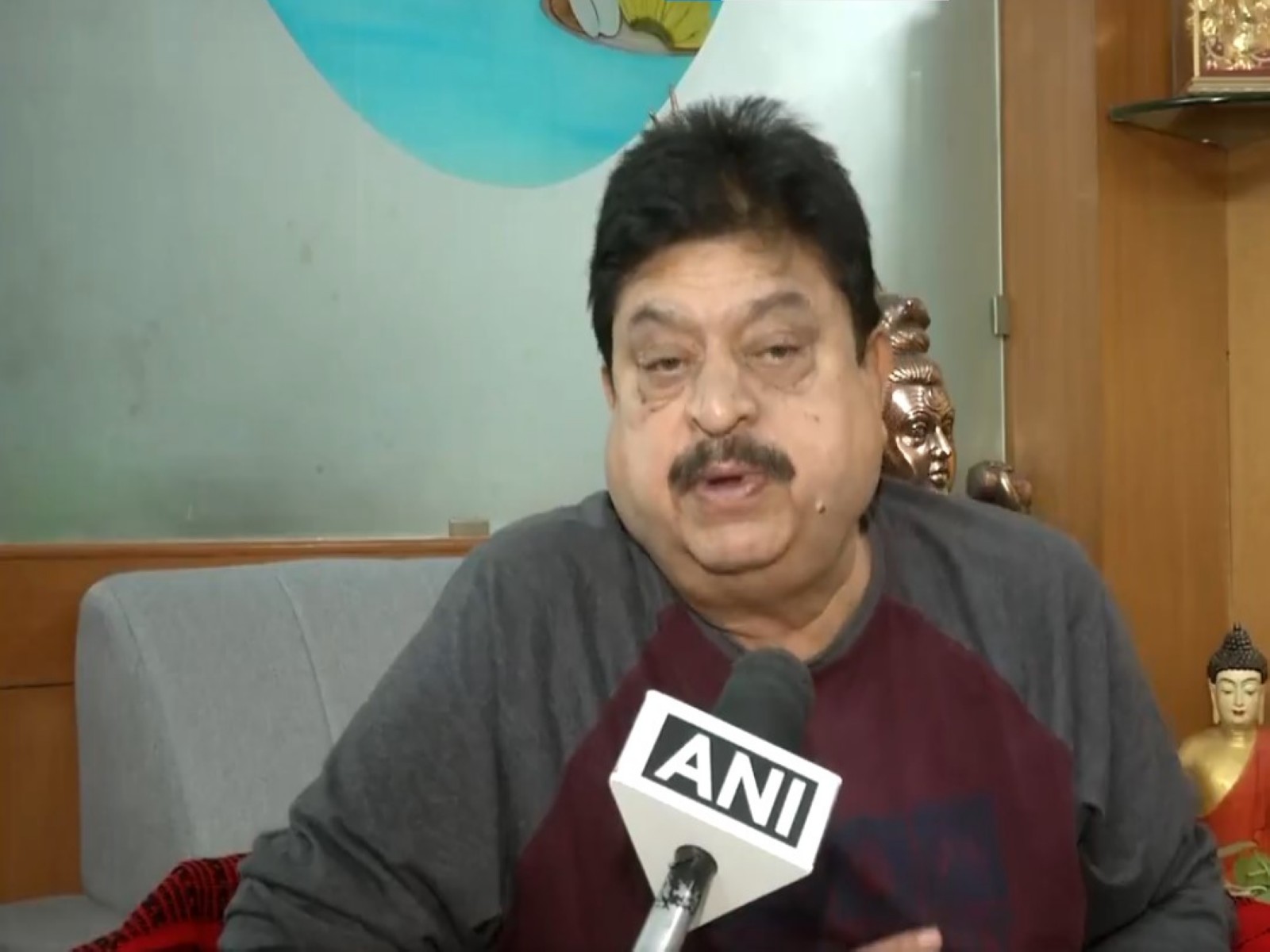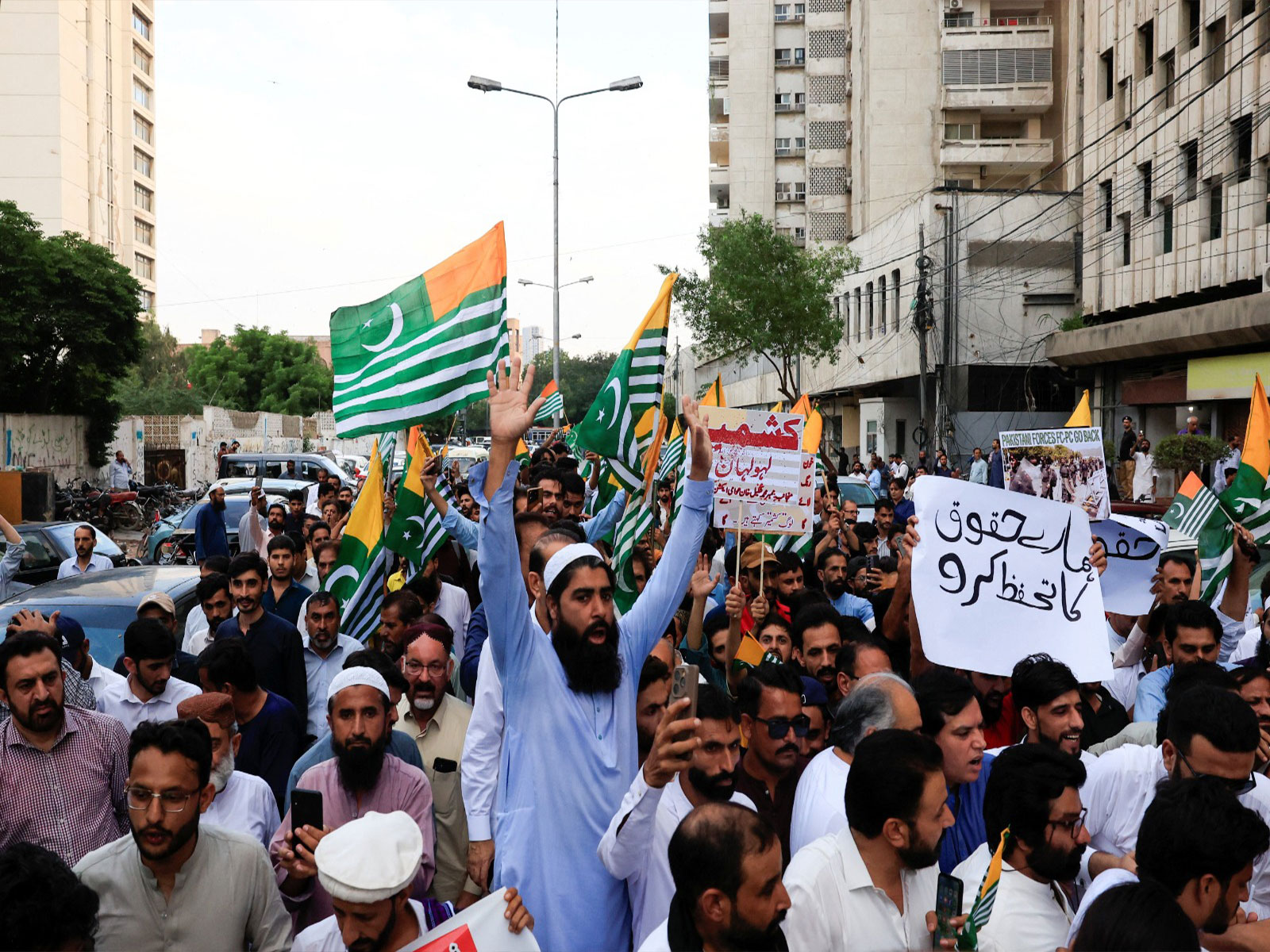
After talks, PoJK protesters, Islamabad come to negotiating table
Oct 04, 2025
Muzaffarabad [PoJK], October 4 : The intense negotiations between the Jammu Kashmir Joint Awami Action Committee (JKJAAC) and a high-profile team from Islamabad came to result on midnight on Friday as both sides agreed on a draft with some minor amendments, as reported by Dawn, citing one of the participants.
Dawn reported that Minister Tariq Fazal Chaudhry announced late at night that the final round of negotiations with the JKJAAC had begun and an agreement was scheduled to be signed soon, thereby bringing to an end the protests taking place in PoJK.
According to Dawn, after talks between JKJAAC, the PoJK government, and other ministers over privileges for elites and reserved seats for refugees broke down last week, rival groups have since staged protests. The fierce clashes between protesters and law enforcers have left at least 10 people dead and several critically injured.
On Friday, PoJK observed its fifth consecutive day of a shutdown strike, and the communications blackout imposed on Sunday persisted. It follows the administration's decision to impose an indefinite lockdown amid last week's protests led by the JKJAAC. The demonstrations, which drew massive public support, centred around a 38-point charter of demands put forward by the committee.
The unrest stems from the government's failure to address these demands, which include the elimination of reserved seats in PoJK--12 legislative seats reserved for Kashmiri refugees settled in Pakistan were abolished. In addition to political reforms, protesters are also calling for urgent economic relief measures such as slashing electricity tariffs, providing subsidised wheat flour, and ending perks for government officials. They are further demanding free education and health facilities for the people of PoJK.
At least 10 people have lost their lives in the violence, and many others have been critically injured, as per Dawn.
A fresh round of talks between a high-level government delegation and a civil society alliance was held on Thursday. Talks resumed around noon on Friday at a hilltop hotel in Upper Chattar, Muzaffarabad -- rather than at the chief secretary's office -- and continued until evening, with short breaks for prayers and meals.
The JKJAAC delegation comprised Shaukat Nawaz Mir, Raja Amjad Ali Khan and Anjum Zaman Awan, all representing the Muzaffarabad division.
The team from Islamabad included Raja Pervaiz Ashraf, Rana Sanaullah, Ahsan Iqbal, Tariq Fazal Chaudhry, Sardar Yousaf, Qamar Zaman Kaira, Masood Ahmed and Amir Muqam.
Dawn reported that PoJK PM Chaudhry Anwarul Haq, Legislative Assembly speaker Chaudhry Latif Akbar and some other ministers from the region were also in the hotel but not in the negotiation room.
The rest of the leadership of JKJAAC remained in Kohala, where Dawn reported, citing police sources, that an estimated 15,000 people had converged from different areas.
Late on Friday night, Parliamentary Affairs Minister Tariq Fazal Chaudhry took to X and stated that matters between the two sides had been settled, as reported by Dawn. "The final agreement is expected to be signed soon [and] the final round of negotiations is underway," the minister wrote.
Meanwhile, the Human Rights Commission of Pakistan (HRCP) expressed deep alarm at the ongoing violence in PoJK.
"We strongly condemn the use of excessive force and the deaths of civilians and law enforcers alike, as well as communication blackouts," the HRCP posted on X, according to Dawn.
Amid ongoing civilian protests in Pakistan-occupied Jammu and Kashmir (PoJK), India has strongly criticised Pakistan's actions in the region, calling for accountability for its "horrific" human rights violations.
Adressing the weekly presser, Ministry of External Affairs (MEA) spokesperson Randhir Jaiswal said on Friday that, "We have seen reports on protests in several areas of Pakistan-occupied Jammu & Kashmir, including brutalities by Pakistani forces on innocent civilians."
He further stated that the unrest is a "natural consequence of Pakistan's oppressive" approach towards the region.
The protests, which have been reported in multiple districts of PoJK, have seen civilian demonstrations against economic hardship, lack of basic services, and exploitation by the Pakistani authorities.
Reports from the region also suggest a heavy-handed response by security forces, leading to casualties and widespread condemnation from local groups.
